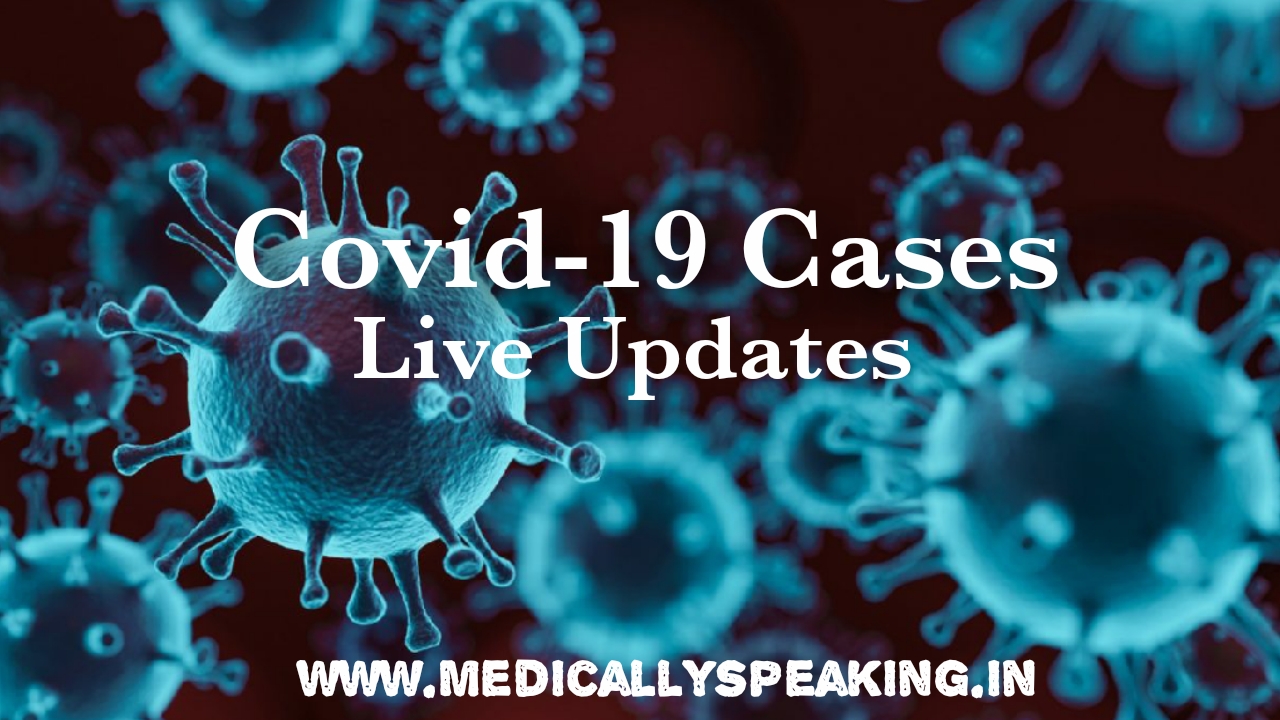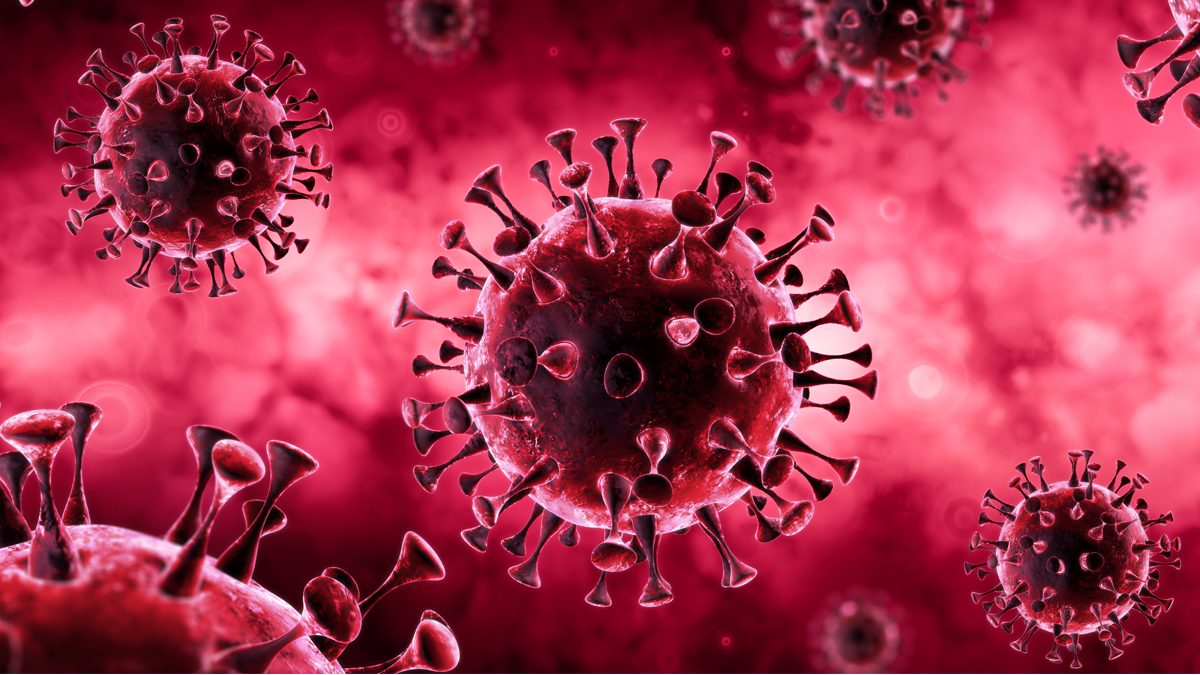Delhi government is focussing on ramping up hospital infrastructure to manage more number of patients in the event of another spike in cases of Covid-19 infection. Health minister Satyendar Jain on Friday visited one such facility– the under-construction building at Acharya Shree Bhikshu hospital that is adding 400 more beds to its existing capacity of 100.
“These 400 beds will be fully dedicated to Covid-19 treatment,” said Jain after his visit.
He asked the hospital to add two oxygen ports to each bed in the hospital and use the beds meant for patient attendants for treating Covid-19 patients. The minister’s suggestion came in the backdrop of patients having to share beds at many hospitals during the peak of the second wave of Covid-10 in April-May surge, when over 20,000 new cases were being reported every day.
At Lok Nayak hospital, where a 1,500-bed block is coming up, the minister asked the team to add a temporary building that can house around 120 beds for Covid-19 patients.












